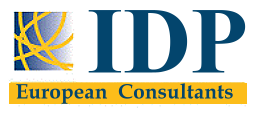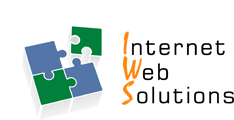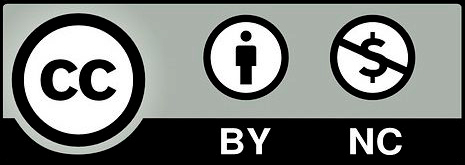Project
Financial literacy: a combination of financial awareness, knowledge, skills, attitudes and behaviours necessary to make sound financial decisions and ultimately achieve individual financial well-being (OECD Definition).
In recent years, developed and emerging economies have become increasingly aware of the importance of ensuring that their citizens are financially literate.
A lack of financial literacy contributes to ill-informed financial decisions and these decisions could, in turn, have tremendous adverse effects on both personal and, ultimately, global financial resilience (OECD, 2009). As a result, financial literacy is now globally acknowledged as an essential life skill and targeted financial education policy is considered to be an important element of economic and financial stability and development.

Our project aims:
- Creating Financial Culture among adults low skilled. Having a financial culture helps us to make positive choices for ourselves and for society also from an environmental point of view.
- Engaging low-skilled adults in learning financial
The project works to increase financial awareness and self-reliance in Adult Education and community by providing programs for adults and their families at all age levels.
The project aims to be a simple guide within everyone's reach to find the best way to use money, paying attention to the impact it has not only on our lives, but also on those of others and on our planet.
It provides all citizens with some of the tools that are indispensable today to build a peaceful, safe and sustainable future for themselves, their families and the planet.









